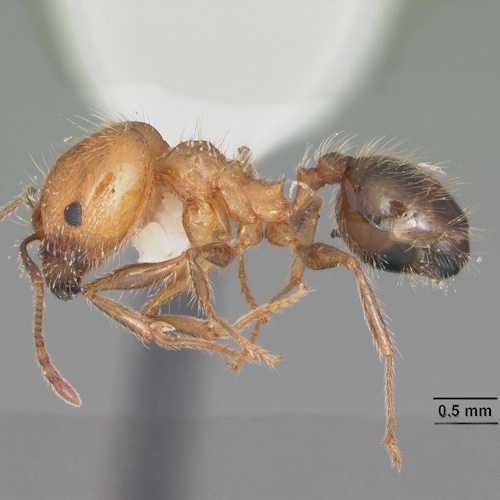Key points from article :
Tapeworms prolong the life of their host at a strange and terrible cost.
Infected Temnothorax ants live at least three times longer than their siblings.
Tapeworms access a steady stream of nutrients in the ants’ abdomens. In return, they offer their host an extra-long life span.
During a 3-year research, almost worm-free Temnothorax ants had died.
Over half the parasitized ants were still kicking—about the same proportion as the colonies’ ultra-long-lived queens.
And despite their old age, the ants’ bodies still bore the hallmarks of youth.
Sara Beros, paper’s first author, counted up to 70 tapeworms inside the abdomen...likely impacting their host’s hormones, immune system, and genes.
The tapeworms’ grasp of ant aging is far more advanced than ours.
Parasites are effectively flash-freezing their host into a preserved state, that will up their own chances of survival.
Study by Max Planck Institute for Biology of Ageing & JGU published in Royal Society Open Science.




